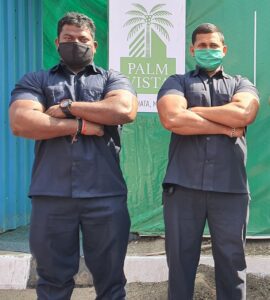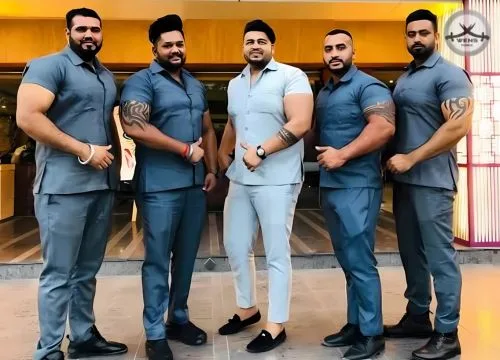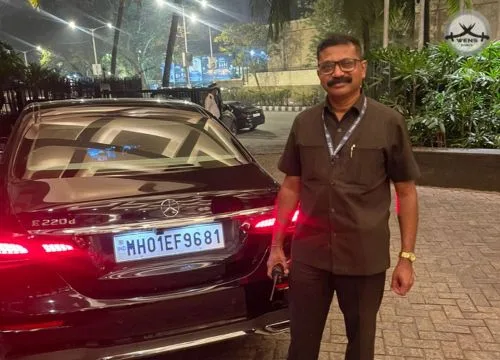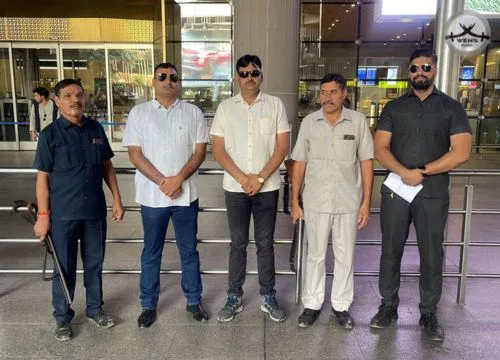A protective security officer (PSO) is essential for maintaining safety and security for individuals and properties. With responsibilities that include risk assessment and emergency response, their expertise plays a critical role in effective security strategies. Recognizing their skills and importance underscores their value in creating secure environments across diverse settings.
What is a Protective Security Officer?
A protective security officer is a trained professional responsible for safeguarding individuals, properties, and sensitive information. They ensure safety in a variety of settings by evaluating risks, putting security measures in place, and responding to emergencies. Both the public and private sectors depend on them to keep their clients safe.
Protective officers frequently go through extensive training that covers emergency response procedures, first aid, and firearms expertise in order to perform their jobs well. Additionally, it is essential for armed security officers to keep their gun licenses current. Their knowledge not only improves security but also gives clients who depend on their services more trust.
Responsibilities of a Protective Security Officer
A protective security officer’s main duties include controlling access control and undertaking security inspections. Because of their training in crisis management and conflict resolution, they are able to recognize and prevent such threats with effectiveness. Their proactive strategy is crucial to preserving a safe atmosphere.
They are trained to evaluate threats and create customized security strategies according to the demands of their clients. To find weaknesses and put plans in place to reduce possible hazards, they carry out in-depth threat assessments. Their effectiveness is further increased by their capacity to remain alert and react under pressure, which makes them valuable assets in both private and professional security service.
Skills Required for a Protective Security Officer
Strong observational skills, outstanding communication talents, and a comprehensive awareness of security procedures are necessary for success as a protective security officer. Many officers have military or law enforcement experience, which gives them the skills they need to effectively manage a range of security issues.
Protective security officers need to have certain training and experience in order to be effective. They usually need to be proficient in the use of firearms, including pistols, and possess license to carry them. Those frequently have military or law enforcement experience, which equips them with the abilities needed for conflict resolution and crisis management. Since PSOs need to be able to react quickly to possible threats while keeping a high degree of situational awareness, physical health and mental alertness are also essential qualities.
Importance of Protective Security Officers
Protecting sensitive areas and well-known people requires the presence of a security officer. They offer quick reaction times in an emergency in addition to discouraging criminal activities. Their knowledge improves general security, which makes them a great asset in both personal and professional contexts.
Armed security personnel are essential in providing clients and the general public with a sense of security and confidence. By being conspicuous, they can discourage criminal activity and any threats, making the surroundings safer. In addition to protecting people and property, these officers maintain the highest standards of professionalism and awareness, which benefits everyone in their community by creating a culture of safety. Their proficiency in handling complex security issues makes them valuable in protecting individual and business interests.
Key Insights
For personal protection, a protective security officer is important to maintain safety in a variety of settings. Our area of expertise at WENS Force is offering highly skilled protective security personnel that are customized to your unique requirements across India. For expert security solutions, get in touch with WENS Force right now to find out how we can protect your interests.
A protective security officer (PSO) primarily focuses on safeguarding individuals and properties, often in various environments, while a personal security officer (PSO) is specifically tasked with the close protection of a client, such as a high-profile individual or VIP. Personal security officers typically have specialized training in threat assessment and risk management, emphasizing physical protection and personal safety. In contrast, protective security officers may have broader responsibilities that include managing security operations and overseeing security personnel.
Protective security officers respond to emergencies by first assessing the situation to determine the nature and severity of the threat. They quickly secure the area to ensure the safety of bystanders and communicate effectively with emergency services to relay critical information. Officers are trained to provide first aid when necessary and manage crowd control, all while maintaining a calm presence to help mitigate panic and confusion. Their proactive approach and adherence to established protocols are essential for effective emergency management.







